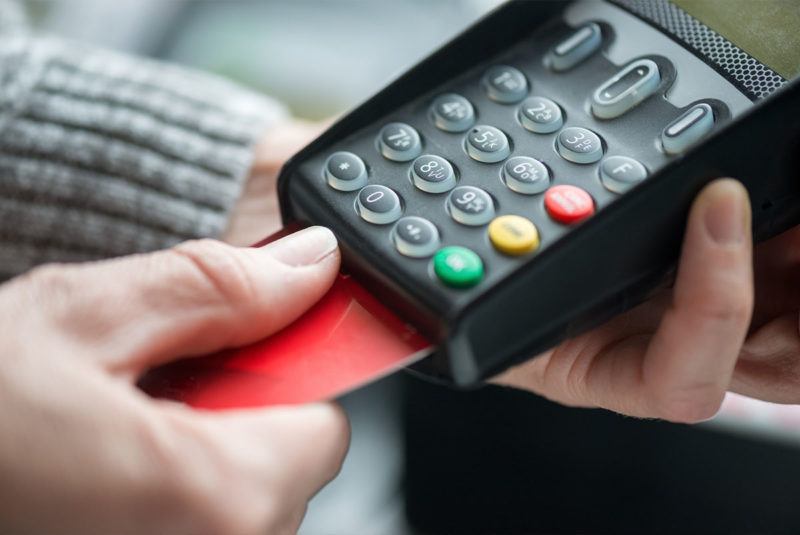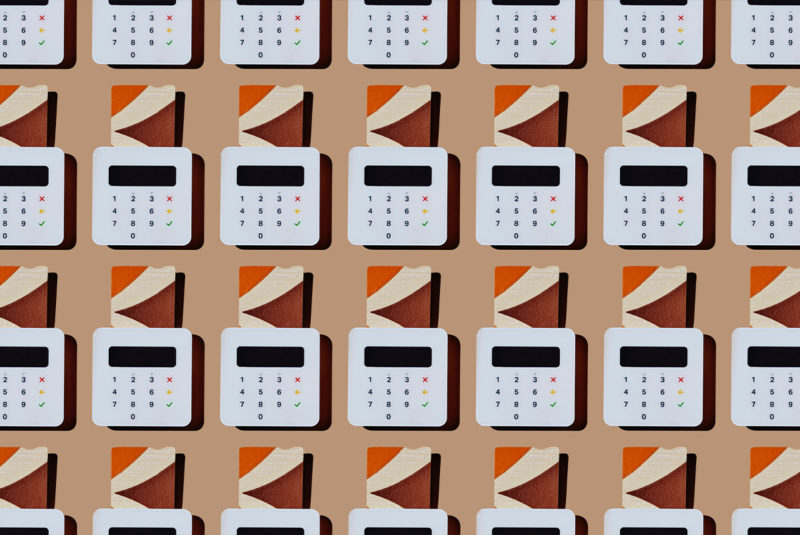There’s a big difference between paying off a credit card and paying it off strategically. How you pay off your card (or cards) can help get you out of debt, maximize your credit score and avoid interest charges.
The most popular recommendation is to pay the entire statement balance on your credit card by its due date. But there are other payment strategies to consider. And each approach has its unique benefits.
Did you just get your first card? Are you a seasoned credit card user with several cards saved in your phone or wallet? No matter where you are on your credit card journey, we can make paying off your cards the least of your worries with our credit card payment strategies and tips.
Ways To Pay Your Credit Card Bill
There are a few ways to pay your credit card bill. Credit card companies typically accept:
- Direct payments from your checking account
- Online bill pay
- Checks sent by mail
- Payments over the phone
- Cash payments at a card lender’s branch office
- Wire transfers
Some card companies may restrict some forms of payment – usually cash and wire transfers. Check with your lender to learn how you can (and can’t) pay your credit card bills.
How Much To Pay on Your Credit Card Bill
You have a few options when deciding how much to pay on your credit card bill. You can pay the minimum payment, the statement balance, the current balance, or a custom amount.
Here is where strategy comes into play!
Credit Card Payment Options
The minimum payment is – you guessed it – the minimum amount you need to pay each month. It’s typically much lower than the card’s balance. When you pay the minimum balance on time, your account stays in good standing, and you avoid late payment fees.
You should always make your minimum payment – but paying the minimum isn’t the most strategic way to pay. Your account will be in good standing, but interest will be charged on the remaining balance. And that interest compounds. It piles on and adds up fast.
The statement balance is the total amount you spend on the credit card during its monthly billing cycle.
This is the payment strategy sweet spot. If you pay off the entire statement balance, you don’t pay any interest on your purchases. Who doesn’t want interest-free purchases?
Your current balance is the total amount of your transactions. That’s your statement balance (including any additional purchases or charges) minus any pending payments or credits.
As long as you can afford it, there are no downsides to paying off your current balance. When you pay more than your statement balance, you avoid interest.
A custom payment – the “other payment” option – is any amount you want to pay up to your current balance. This is a popular option for people who prefer to make multiple payments on their credit cards each month. You can also make one large, custom payment above your minimum payment amount.
When You Should Pay Your Credit Card Statement
When to pay your credit card statement is the strategic partner of how much to pay. Personal preference will likely drive your decision, but you should always be prepared to make your minimum payment by your statement’s due date.
We recommend a few strategies, including paying by the due date (of course), paying early, or making multiple payments during a billing cycle. Each approach has unique factors to consider.
Why pay your credit card bill on its due date?
Well, bad things can happen to your credit history and credit score if you don’t pay your bill by its due date. Paying your bill when it’s due is the bare minimum. Miss it, and you’ll have to deal with late payment fees, higher interest rates, and potential harm to your credit.
When you pay your statement balance in full on the due date, you’ll get the most out of your grace period (think: the time you have before interest kicks in). Consider this strategy if you want the most time to avoid interest charges between billing cycles.
Why pay your credit card off early?
You might want to make a payment before your balance is due.
You lose your grace period when you roll over your credit card balance. So chances are you’re paying interest on the overdue balance. You could pay less in interest over time by making early payments.
Why make multiple payments toward your credit card bill?
You can always make several penalty-free payments toward your credit card bill. Consider this strategy if you plan on charging a large purchase to your credit card or want to keep your credit utilization ratio low.
How To Pay Your Credit Card To Increase Your Credit Score
Credit cards can help you build credit and increase your credit score. How you pay your credit card bill can affect your credit payment history and credit utilization rate. Both of these factors play a significant role in calculating your credit scores.
Making on-time payments to your credit card will help build your credit the most. Payment history makes up 35% of your FICO® credit score – the most significant percentage of all the scoring criteria. To build credit, you must pay your credit card bill on time and make at least the minimum payments.
Paying your credit card bill can improve your credit utilization ratio (another credit scoring factor), which can help boost your credit score. Your credit utilization ratio is the amount of credit you’ve used compared to your credit limit (think: the total amount of credit you have). It’s recommended to use up to 20% of your available credit. To increase your score, pay off enough of your balance to keep you at or under the recommended 20% or pay your statement balance in full.
Credit Card Payment Tips
Make even better decisions when paying your credit card with these tips:
- Use autopay to your advantage: Set it and forget it, right? Automatic payments ensure you don’t miss your due date.
- Choose a due date that works for you: Many card companies let you choose your due date. Match your due date with your monthly cash flow.
- Have a plan and budget: Make sure you can afford whatever you charge on your credit card and have a plan to pay it off.
Credit Card Bill FAQs
Maybe you have a few more questions about paying your credit card bill. Check out these frequently asked questions:
Can you pay a credit card bill with a credit card?
Technically, no. You can’t directly pay a credit card with a credit card – but you can make a payment indirectly. You can pay a credit card with a balance transfer or a cash advance. However, before you choose either route, give it some serious thought. Both can damage your credit.
Can you pay a credit card bill with a debit card?
You can’t enter your debit card number into a payment channel to make a credit card payment. But you can make an online bill payment through the checking account attached to your debit card.
Should you carry a balance on your credit card?
It’s not recommended to carry a balance on your credit card. And it’s a myth that carrying a balance builds your credit. Carrying a balance isn’t inherently bad, but it will make everything you buy with the card more expensive because of interest. And credit cards have sky-high interest rates. If your balance and the charges become unmanageable, you could be putting your credit history and score at risk – along with your budget and financial goals.
How often do credit card lenders report to the credit bureaus?
Credit card issuers report to credit bureaus once a month. Contact your issuer to find out when they report your credit card balance and payment(s).
It’s All About Strategy
Knowing how to make a credit card payment is only the beginning. Applying a strategic plan for your credit card payments is where the money magic happens. No matter your credit goals, making strategic payments toward your credit card balance can help you get there.
The Short Version
- The most popular recommendation is to pay the entire statement balance on your credit card by its due date
- You should always be prepared to make your minimum payment by your statement’s due date
- How you pay your credit card bill can affect your credit payment history and credit utilization rate




